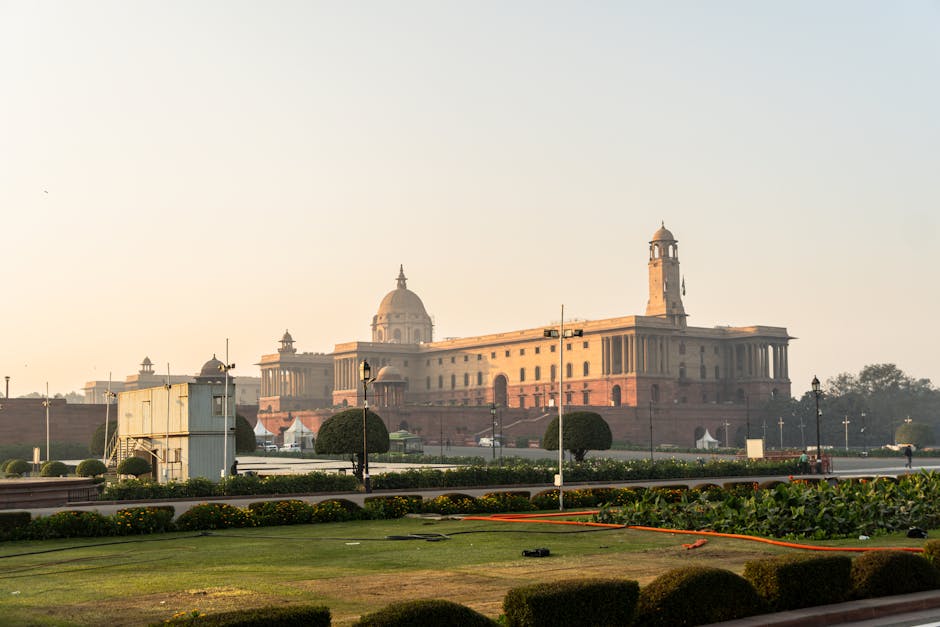The issue of corruption casts a long shadow over the efficacy and legitimacy of governance worldwide. A critical question arises: do diverse political systems exhibit varying degrees of corruption? This exploration delves into the nuanced relationship between political structure, institutional design, and the propensity for corrupt practices. Investigating this issue requires a careful consideration of multiple factors, including cultural contexts, economic disparities, and the specific mechanisms employed to combat such behaviour.
A fundamental premise is that no political system is inherently immune to corruption. While some systems might appear more susceptible due to specific vulnerabilities, the capacity for illicit behavior exists within all frameworks. Instead of focusing on inherent differences in corruption levels between systems, a more productive approach examines the factors that facilitate or mitigate corruption within each.
Analyzing the correlation between political systems and corruption demands a multifaceted approach. A rigid dichotomy between democratic and authoritarian systems, for example, offers a simplistic view. While authoritarian regimes often exhibit high levels of corruption, primarily due to a lack of checks and balances and concentrated power, democratic systems also grapple with corruption. It is important to understand that the existence of checks and balances does not automatically eliminate opportunities for corruption. A robust system of accountability and transparency is crucial for countering these challenges.
A crucial variable in understanding corruption is the nature of power distribution. Centralized power structures, typically observed in authoritarian systems, often lead to a concentration of resources and decision-making authority in the hands of a select few. This concentrated power can be exploited for personal gain, resulting in systemic corruption. Conversely, in democracies, the dispersion of power through multiple institutions and actors, alongside mechanisms like free and fair elections, can potentially create avenues for corruption, but can also introduce checks on illicit activities. This is further complicated by the role of political parties, whose internal workings can be avenues for corruption, regardless of the overall structure.
Economic factors play a significant role in shaping the landscape of corruption. Countries with significant economic inequality or underdeveloped institutions are frequently more prone to corruption. When opportunities for financial gain are substantial, particularly in the absence of robust regulatory frameworks and enforcement mechanisms, corrupt practices can flourish. The pervasiveness of bribery and extortion is often exacerbated by the presence of a weak rule of law, hindering the functioning of established legal systems to prosecute those involved in criminal activity. Economic systems with rigid hierarchies can also facilitate corruption, as individuals in positions of power often possess disproportionate influence over resource allocation, thereby opening up avenues for personal gain.
Examining cultural contexts reveals further complexities. Cultures that place a higher value on personal connections and patronage networks can unintentionally create an environment where corruption can thrive. Social norms can significantly influence behaviour and perceptions of ethical conduct, ultimately shaping the acceptability and prevalence of corruption within a society. This cultural influence interacts with and reinforces other factors, particularly economic inequalities, which further fuel corrupt activities.
Institutions play a critical role in preventing and combating corruption. Strong, independent judiciaries and anti-corruption agencies are essential for holding individuals accountable for corrupt actions. These institutions require sufficient resources and legal frameworks to effectively operate, and robust oversight to prevent abuse of power. Public awareness campaigns and strong civil society organizations are equally important. They can promote transparency, encourage ethical conduct, and hold authorities accountable.
Furthermore, globalization and interconnectedness have created new avenues for corruption. International trade and financial flows can be vulnerable to manipulation and illicit practices. Corruption across borders often occurs through complex webs of actors, making it even more challenging to investigate and prosecute.
In conclusion, a direct correlation between specific political systems and the extent of corruption is elusive. Instead, a variety of interconnected factors, including the structure of power, economic conditions, cultural norms, and the effectiveness of institutions, contribute to the varying degrees of corruption within various systems. While certain political structures may present heightened risks, no system is entirely immune. Addressing corruption necessitates a comprehensive approach that considers the interplay of these factors and proactively addresses vulnerabilities. The promotion of strong institutions, economic equality, transparent governance, and a robust rule of law are vital to mitigating the pervasive issue of corruption, irrespective of the particular political framework. Ultimately, fighting corruption necessitates a persistent and sustained commitment from both the state and civil society.












